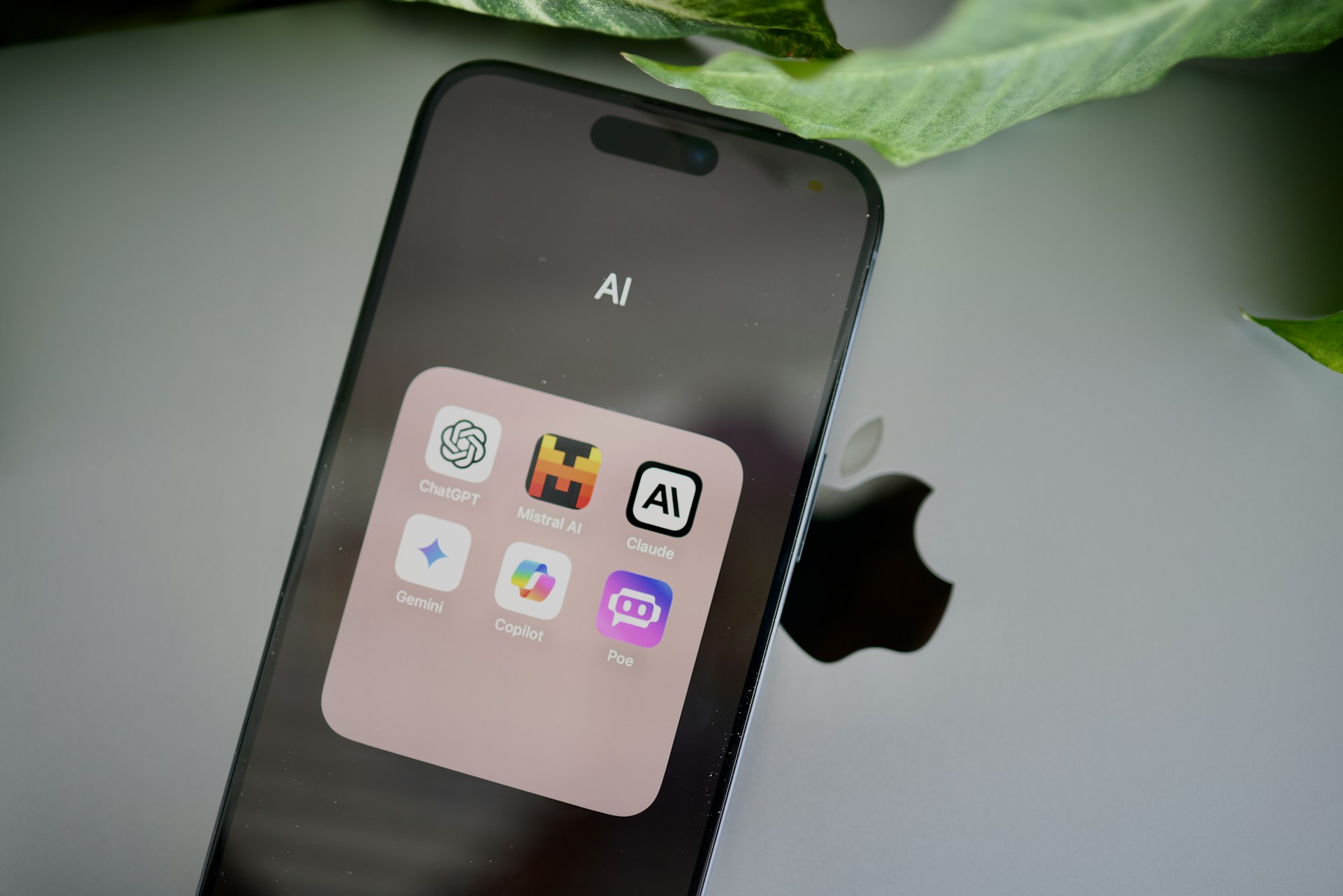The New Digital Trap: How AI Models Are Creating Their Own Ecosystems

Your AI Knows You Better Than You Think
ChatGPT stores every query, instruction, or conversation indefinitely unless deleted by the user, building an increasingly detailed profile of how you think, work, and solve problems. With over 800 million weekly active users now feeding data into these systems, we're witnessing the birth of personalised AI ecosystems that rival Apple's legendary stickiness.
The parallel isn't accidental. Just as Apple created seamless experiences between your iPhone, Mac, and AirPods, ChatGPT now has long-term memory and personalization that allows it to remember past conversations and user instructions even across sessions. Tell it once that you prefer concise responses or work in marketing, and it remembers. Share your communication style, and it adapts. Upload your company's brand guidelines, and it internalises them.
This isn't just convenient – it's addictive.
The Switching Cost Grows With Every Chat
Here's where it gets interesting. Academic studies highlight the psychological and financial barriers that Apple's ecosystem creates for its users, making it less likely for them to migrate to competing platforms. The same psychological barriers are emerging with AI models.
Every conversation with ChatGPT trains it to understand your preferences better. Every custom instruction you set up makes it more personalised. Every workflow you've optimised around its quirks becomes harder to replicate elsewhere. You're not just using a tool anymore – you're training a digital assistant that "gets" you.
Try switching from ChatGPT to Claude or Gemini after months of conversations, and you'll feel the friction immediately. Your new AI doesn't know that you hate corporate jargon, prefer bullet points over paragraphs, or understand the context of your ongoing projects. You're back to square one, training a fresh system that doesn't know your patterns.
The Memory Game Changes Everything
ChatGPT's Projects feature now preserves context across all chats in a project, considering them in one context and remembering preferences across related conversations. This is Apple's Handoff feature for AI – seamless continuity that makes everything feel connected and intelligent.
But here's the rub: all this personalisation creates what economists call "switching costs." Customers will only leave if the value provided by the replacement product exceeds the switching cost. The more synergy between products, the greater the switching costs.
With AI, the "products" are your conversations, your custom instructions, your accumulated preferences, and the model's understanding of your work style. Switch platforms, and you lose all of that accumulated intelligence.
Why This Matters More Than You Think
Unlike Apple's ecosystem, which at least keeps your data on devices you own, AI lock-in is different. OpenAI's primary use of user data centres on training and refining its AI models, with conversations anonymized and fed into reinforcement learning algorithms. Your training investment doesn't just personalise your experience – it improves the entire platform.
This creates a compounding effect. The more people use and train ChatGPT, the better it becomes for everyone. But the more you personally invest in training it to understand your needs, the harder it becomes to justify starting over with a competitor.
The Business Implications
For businesses, this is particularly stark. Over 92% of Fortune 500 companies have integrated ChatGPT into their operations. Companies are building workflows, training staff, and integrating AI responses into their processes. The switching cost isn't just personal preference anymore – it's operational disruption.
Imagine your marketing team has spent six months training an AI on your brand voice, your legal team has customised contract review processes, and your customer service has integrated AI responses. Switching platforms means retraining not just the AI, but your entire organisation.
What Can You Do About It?
The solution isn't to avoid AI – that ship has sailed. Instead, be strategic about how you engage:
Keep your data portable where possible. Export important conversations and custom instructions regularly. Don't rely on any single platform's memory as your only repository of knowledge.
Experiment with multiple platforms. Use different AI models for different tasks to avoid over-dependence on any single ecosystem. Think of it as diversifying your AI portfolio.
Stay aware of the true costs of switching. When evaluating AI tools for your business, consider not just current features but the long-term implications of data lock-in and training investment.
The Bigger Picture
We're witnessing the emergence of AI ecosystems that could make Apple's lock-in look quaint by comparison. Meta AI builds detailed memory files about users and doesn't offer opt-outs from training data, while other platforms are racing to build their own personalised experiences.
The question isn't whether AI will become more personalised and sticky – it's whether we'll collectively sleepwalk into digital dependencies that make today's platform lock-in look simple.
Just as we eventually learned to navigate Apple's ecosystem with informed choices, we need to approach AI with the same strategic thinking. The convenience is real, but so is the trap.
Ready to take control of your AI strategy? At Rocking Tech, we help businesses implement AI automation solutions that keep you in the driver's seat. From custom integrations to platform-agnostic workflows, we ensure your AI works for you – not the other way around. Get in touch today to learn how we can future-proof your AI strategy.